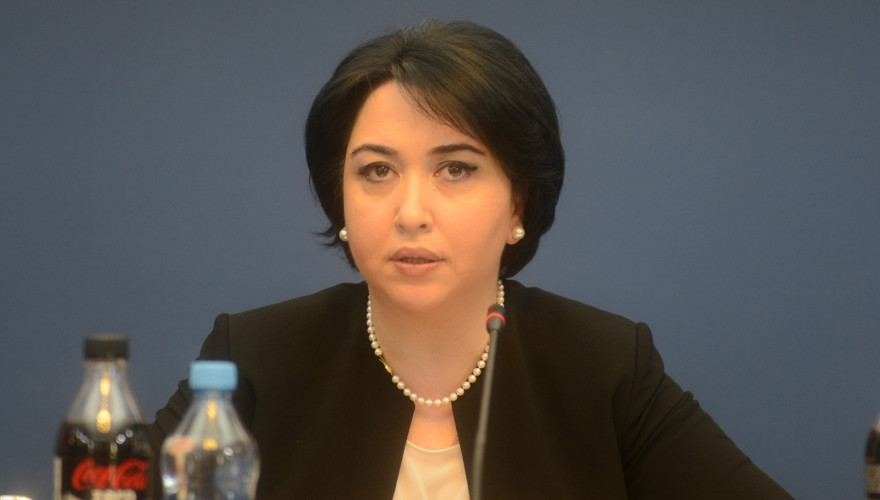The Human Rights and Civil Integration Committee heard the report by the Minister of Internally Displaced Persons from the Occupied Territories, Accommodation and Refugees, Sozar Subari

The Committee heard S. Subari, speaking about implemented works and future projects of the Ministry. The first greatest inflow of IDPs was evident in 1992-1993, followed by the second flow in 2008. The part of IDPs were accommodated in settlements, schools, kindergardens, factories and other administrative premises, another part individually solved their problems. Since 2012, the approach has been drastically changed and IDP problems declared as one of the priorities. Since August 1, 2013, IDPs were re-registered. This process lasted till June 1, 2014. In the beginning, 271 832 IDPs were registered, reregistration revealed 264 828, 14 575 persons were deprived of the status due to failure to register. 858 persons were revealed with the status, obtained with violation of law. In 2013, Ministry of Justice developed the draft on amnesty, releasing the persons from criminal responsibility, committing the crimes related to fraud of IDP certificates and names. 367 persons enjoyed amnesty.
S. Subari spoke about residence conveyance procedures and noted that since March 1, 2014 the law on IDPs entered into force, equalizing protection of rights of IDPs to international standards, all IDPs shall have house. The Ministry developed and issued the decree N320 on the Rule of Provision of IDPs with long-term residual area, criterions and the Articles of the Commission on IDPs. At that, it considers requirements of disabled IDP families. S. Subari spoke about attitude of the Government to accommodation of IDPs and stated that accommodation is being held where IDPs were integrated during 21 years. Since October, 2012, 2 500 IDP families were given rehabilitated and new flats. 1 581 more IDP families will be provided with flats till the end of 2016. Within the “Village House” project, 525 IDPs obtained consent, 226 houses of which are already purchased. Speaking of damaged with mortgage, the Minister attached his attention to the pilot project and noted that within the project “covering the mortgage loans for IDP families”, the Ministry intends to issue single monetary aid. The budget for the project is 1 ml. GEL.
He also spoke about beneficiaries – eco-migrants, shelter-seekers, migrants and repatriates. According to the data of 2006, 37 000 eco-migrants were registered in Georgia, though including the families, who left their residences for improvement of socio-economic situation. The Ministry started monitoring and specification of the number of beneficiaries. The Ministry provided 111 eco-migrant families with flats in 2012, this year 100 families will be provided. The Ministry will allocate 20 000 GEL to purchase land-plots and houses for eco-migrants. Speaking of migration, repatriation and refugees, he noted that in view to facilitate return of migrants, the mobility center allocated 400 000 GEL, distributed amongst 12 NGOs. The grant program aims at dignified reintegration of migrants and development of NGOs.
He also spoke about granting the refugee status to foreign citizens and noted that 341 persons have obtained the refugee status and 446 persons – humanitarian status. He also answered the questions.
Eka Beselia thanked the Minister for comprehensive report. In recent years nothing was done for improvement of IDP conditions despite of monetary aids by foreign donors, as she stated. The society remembers the period when IDPs were forcefully settled by police in undesirable areas. “The projects by the Ministry improve the situation in terms of protection of human rights. The Committee productively cooperates with the Ministry and we will continue cooperation in this format”.
